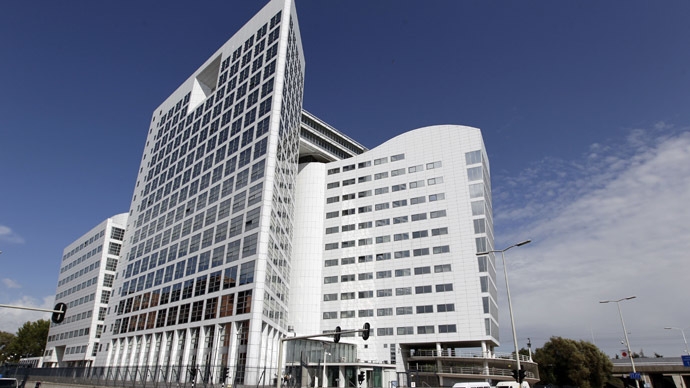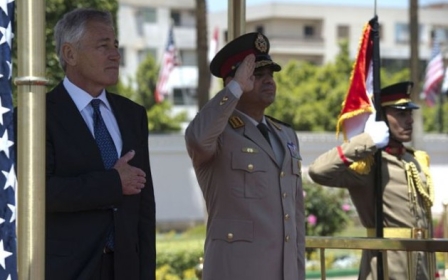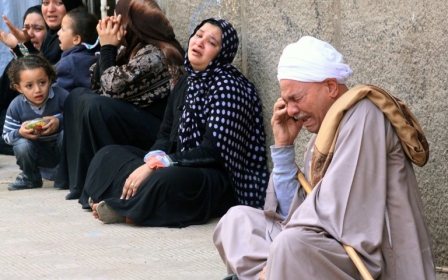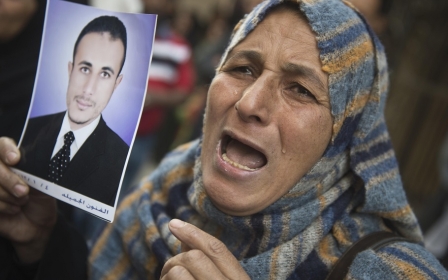ICC decision on Egypt to be appealed

Lawyers acting on behalf of the ousted Egyptian President Mohamed Morsi last night vowed to appeal a decision by the International Criminal Court (ICC) to reject a complaint filed against the military regime for the deaths of over 2000 protesters and the arrest of over 20,000 Egyptians.
The complaint, filed on behalf of the imprisoned Mohamed Morsi alleged that the military regime was responsible for international crimes against humanity which included murder, enforced disappearance and torture.
The ICC rejected the complaints on the formal grounds that Morsi was not in power at the time of the alleged crimes and thus did not represent the state of Egypt for the purposes of the application.
The ICC said that the allegations were “dismissed as not presented on behalf of the concerned State.” Declining the application, the ICC prosecutor Mrs Fatou Bensouda revealed that she had gone to the military backed government to ask whether the complaint from ITN solicitors had been transmitted “on behalf of the state of Egypt”. When she received a negative reply she concluded that the complaints against them were ineffective. This legal point is certain to be hotly contested.
In their reply ITN revealed that in private conversations, senior ICC officials, had not only accepted that serious crimes against humanity had been committed but had themselves said the situation in Egypt was analogous to Syria.
New MEE newsletter: Jerusalem Dispatch
Sign up to get the latest insights and analysis on Israel-Palestine, alongside Turkey Unpacked and other MEE newsletters
ITN solicitors have therefore “expressed serious concern at the manner in which the decision was taken. The decision has been described as wrong in law and devoid of proper and independent legal analysis."
A statement released by ITN solicitors said:
“I am very disappointed by Mrs Bensouda’s personal decision which would cause the ICC to turn its back on investigating and deterring these crimes. It is surprising that the prosecutor has taken this decision in this way and more so when contrasted with the African Union’s decision in respect of death sentences, which has taken strong and positive steps to uphold human rights' protections in Egypt. The Chairperson of the African Commission has written to the Egyptian interim authorities directing that they suspend the death sentences and uphold international human rights law.”
“The ICC was established to prevent international crimes and defeat impunity for those responsible for committing them. In a strong case such as this it is not appropriate for an incorrect administrative decision to prevent accountability for the many well-documented crimes that have been committed in Egypt.”
The legal team, which includes former UK Director of Public Prosecutions Lord Ken Macdonald, former UN Special Rapporteur Professor John Dugard and ICC specialist Rodney Dixon QC, point out in the press release that “It is of serious concern that on the same day that the ICC has recognized the declaration of the Ukrainian government for the killings of protestors, the Prosecutor has notified the democratically elected government of Egypt that its declaration is not acceptable and that those killed by the military regime cannot be investigated by the ICC. The paradoxical positions taken about the two situations appear to suggest the process used by the Prosecutor to determine the similar complaints was at best seriously flawed and at worst inappropriately politically motivated".
Middle East Eye delivers independent and unrivalled coverage and analysis of the Middle East, North Africa and beyond. To learn more about republishing this content and the associated fees, please fill out this form. More about MEE can be found here.




